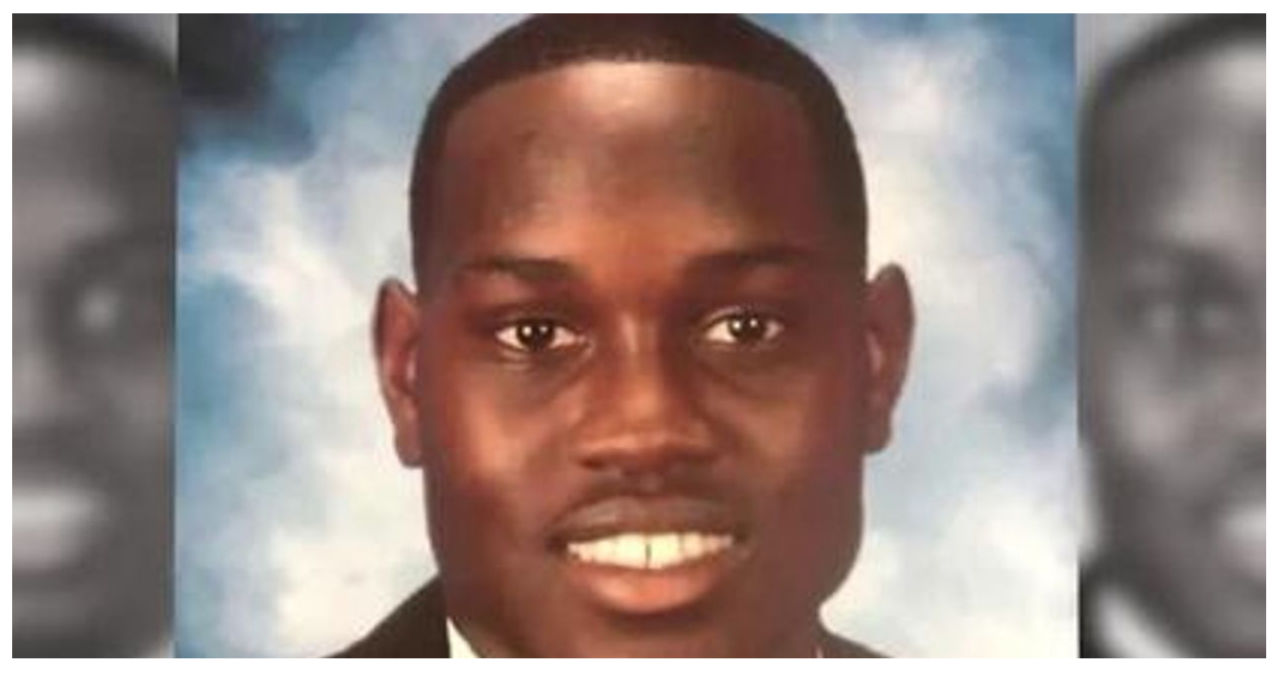Attorneys are seeking to have the hate crime convictions of three White men who pursued Ahmaud Arbery through a Georgia subdivision in pickup trucks, before one of them fatally shot the fleeing Black man with a shotgun, overturned by a U.S. appeals court.
A group of judges from the 11th U.S. Circuit Court of Appeals in Atlanta had planned to listen to oral arguments on Wednesday in a case that arose after Arbery’s death sparked a nationwide outcry. The attorneys for the men contend that their previous racist remarks do not establish a racist motive to cause harm.
The three men faced murder convictions in a Georgia state court in late 2021. Following a subsequent trial in federal court in early 2022, a jury found them guilty of hate crimes and attempted kidnapping. The jury concluded that the motive behind targeting Arbery was his race, as he was Black.
In their legal briefs for the appeals court, Greg McMichael and Bryan’s lawyers pointed out the prosecution’s reliance on a collection of social media posts, text messages, and witness testimony. These pieces of evidence revealed that all three men, including the witness himself, had frequently used racist slurs and made derogatory remarks about Black people. The slurs, including the highly offensive N-word, were found on the men’s social media profiles, according to an FBI witness who analyzed the content. Additionally, the witness stated that the men had expressed support for acts of violence targeting Black individuals.
According to Pete Theodocion, Bryan’s attorney, the trial jury was swayed by Bryan’s past racist statements, but failed to provide evidence that Arbery was pursued due to his race. A.J. Balbo, the lawyer representing Greg McMichael, argued that Arbery was chased because the three men mistakenly believed he was a fleeing criminal.
Greg McMichael started chasing Arbery after he ran past his house, claiming he identified the young African American man from security camera footage that had captured him entering a nearby construction site in previous months. It is important to note that none of the videos showed Arbery stealing anything, and at the time of his death, he was not armed and did not possess any stolen property.
According to prosecutors, the trial evidence revealed that the defendants’ assumptions about Arbery committing crimes were influenced by their longstanding hate and prejudice towards Black people.
“In court in November 2021, prosecutor Linda Dunikoski emphasized that all three defendants acted solely on assumptions, not facts or evidence. Their decisions, made in their driveways, tragically resulted in the loss of a young man’s life.”
In Travis McMichael’s appeal, attorney Amy Lee Copeland did not contest the jury’s conclusion that his actions were driven by racism. Among the social media evidence presented was a 2018 Facebook comment made by Travis McMichael. The comment was in response to a video depicting a Black man playing a prank on a white person. In his comment, Travis McMichael used an expletive and a racial slur, stating, “I’d kill that….”.
Copeland, instead of taking a different approach, focused her appeal on legal technicalities. She argued that the prosecution had not provided sufficient evidence to establish that the streets in the Satilla Shores subdivision, where Arbery was fatally shot, were actually public roads, as claimed in the indictment that led to the charges against the defendants.
According to Copeland, there are records from a 1958 meeting of Glynn County commissioners that indicate they declined to assume responsibility for the streets from the developer of the subdivision. During the trial, the prosecution presented service request records and the testimony of a county official to demonstrate that the county government has been maintaining the streets.
The attorneys representing the three individuals also put forth technical arguments to challenge their convictions for attempted kidnapping. The prosecution argued that the charge was appropriate as the men utilized pickup trucks to block Arbery’s exit from the neighborhood.
Defense attorneys argue that the charge is invalid since their clients did not have the intention to abduct Arbery for ransom or any other personal gain, and the vehicles were not used as a means of interstate commerce, which are both necessary elements for attempted kidnapping to be considered a federal offense.
According to prosecutors, several other federal appellate circuits have established that any car used in a kidnapping can be considered an instrument of interstate commerce. They also argued that the men’s intention was to fulfill their personal desire for vigilante justice.
Both McMichaels were sentenced to life in prison for their hate crime convictions. In addition to that, Travis McMichael received an additional 10 years for brandishing a gun during the commission of a violent crime, while his father received an additional seven years for the same offense. Bryan, on the other hand, received a lighter sentence of 35 years in prison for the hate crime, partially due to the fact that he was not armed and had preserved the crucial cellphone video evidence.
The judge sentenced all three individuals to 20 years in prison for attempted kidnapping, which will be served concurrently with their hate crime sentences.
If any of their federal convictions are overturned by the U.S. appeals court, McMichaels and Bryan would still be incarcerated. Currently, all three individuals are serving life sentences in Georgia state prisons for murder. They have filed motions for new state trials, which are awaiting review by a judge.



